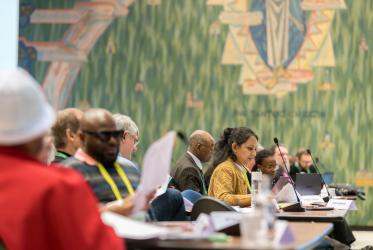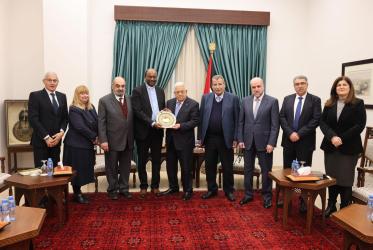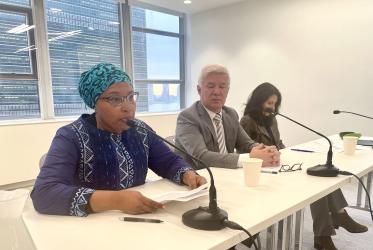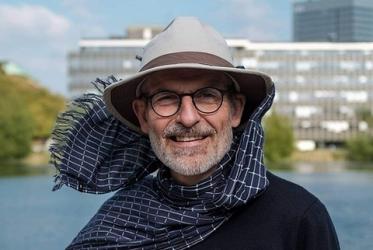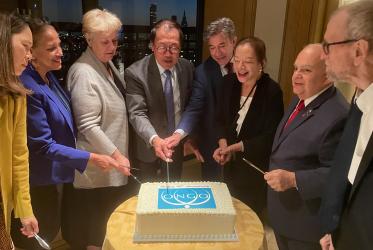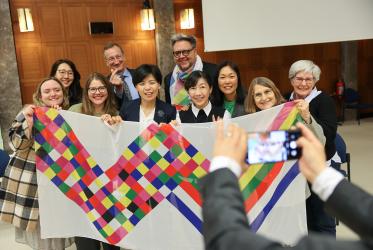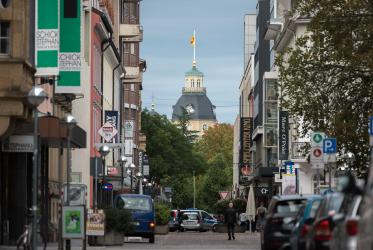Displaying 1 - 20 of 127
WCC submits comments on draft UN “Pact for the Future”
12 February 2024
WCC offers input to the UN New Agenda for Peace
13 April 2023
WCC executive committee lights the way for WCC 11th Assembly
26 November 2021


